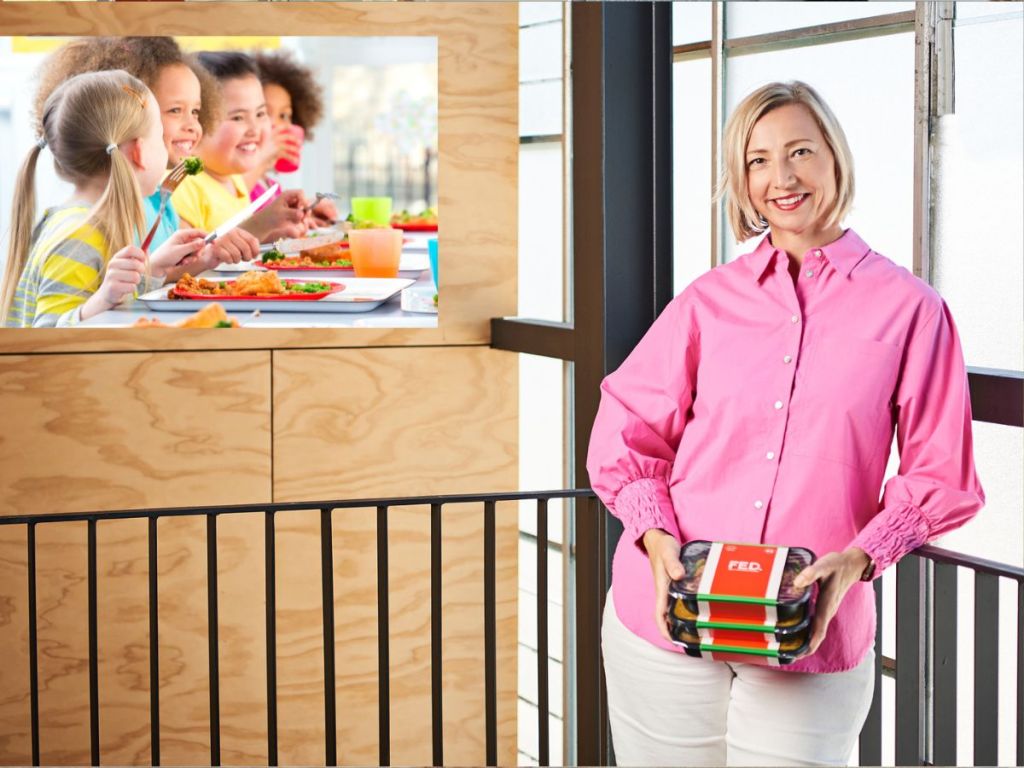By Becky Erwood, Director and co founder of FED.
There has been a lot of conversation about the Ka Ora Ka Ako school lunch programme and its efficacy.
In the heart of our communities, this programme has been a beacon of progress, ensuring every child receives the nourishment needed to thrive in their educational journey. At FED, our three-year experience with this initiative has not only been enlightening but transformative, for both the students we serve and our broader mission of fostering a healthier, more equitable society.
Contrary to common misconceptions, Ka Ora Ka Ako transcends the basic need to feed hungry children. It’s a comprehensive approach to holistic well-being, teaching valuable lessons in nutrition, social integration, and sustainable living.
Our work with the 18 schools across Auckland we currently serve has debunked myths, showcasing the programme’s role in promoting better eating habits and preventing diet-related diseases among New Zealand’s youth.
From a commercial point of view, the necessity of extending the programme’s duration is clear; it would enable suppliers to make long-term investments, thus improving meal quality and service delivery. We’ve observed first hand the preference of students for hot meals over cold, underscoring the need to adapt menus to increase participation and reduce food surplus.
Maintaining one meal per student is paramount, not just for ensuring nutritional needs are met but also for upholding the mana and dignity of every child. This approach mitigates the risk of whakamā, or embarrassment, that students may feel when singled out as recipients of free meals. It fosters an environment of equality, where meals serve as a bridge to inclusion rather than a marker of socioeconomic status. By universally offering meals, schools can create a supportive atmosphere that encourages participation and eliminates stigma, ensuring every child feels valued and included.
As the Government currently considers the future of the programme, the collective effort of educators, policymakers, and the community is essential in nurturing our nation’s future, one meal at a time.
For more information go to: www.getfed.co.nz/schools








